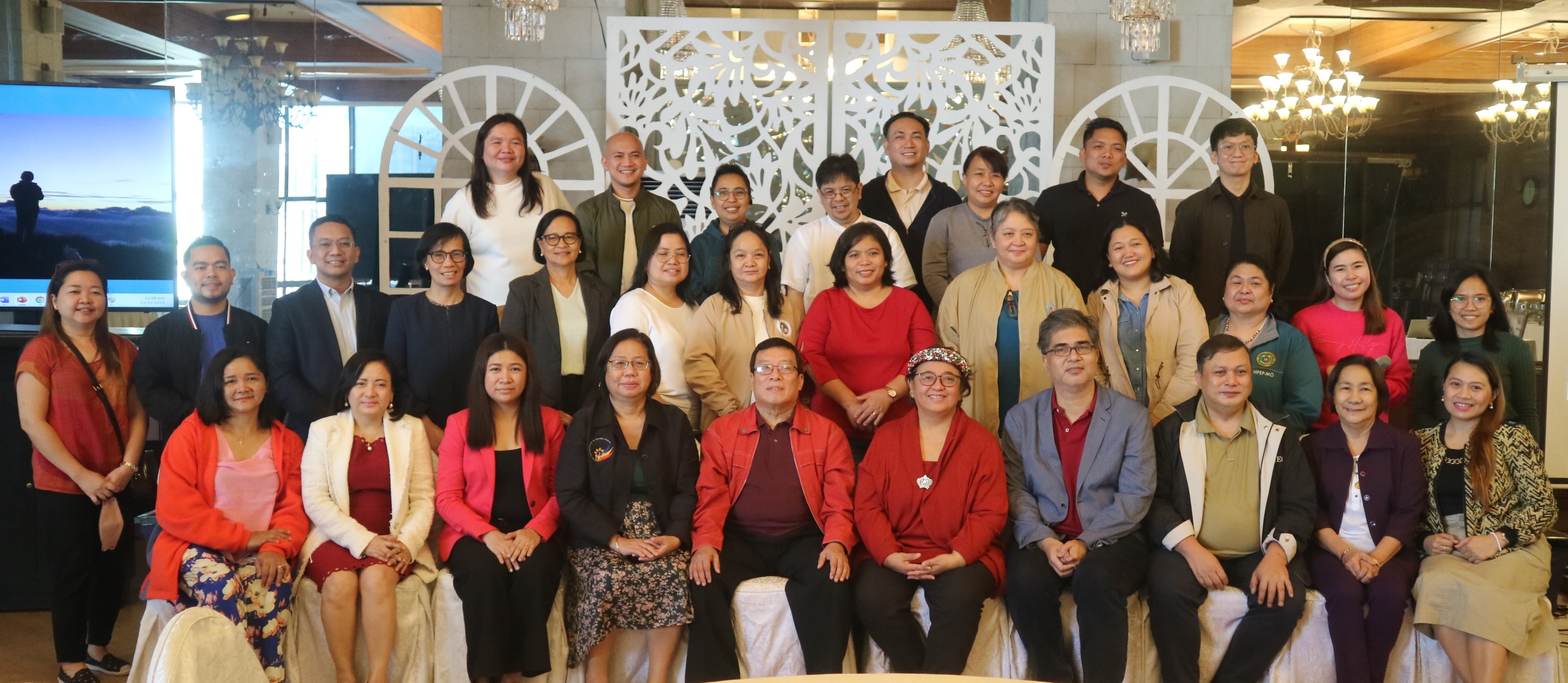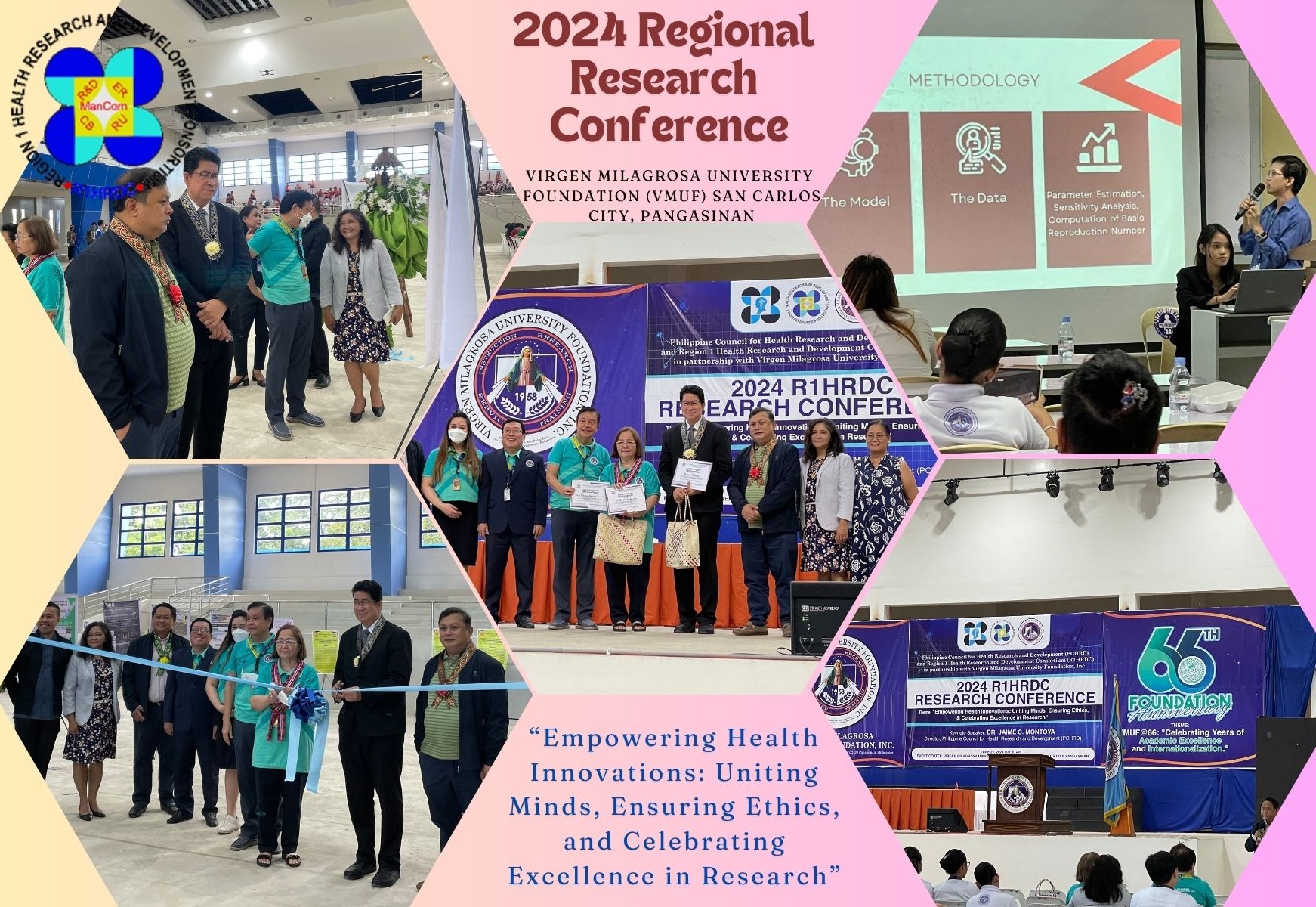Abstract
Fertility preservation is a growing field in reproductive medicine that may raise ethical questions. Preservation of fertility must be discussed with the patient if gonadotoxic treatment is required, whether in the case of benign or malignant pathology, or in the management of transgender identity. As a result, surgery or chemotherapy that has fewer adverse impacts on fertility should be proposed if this does not alter the prognosis of the disease. If the risk of infertility persists, then fertility cryopreservation should be proposed for children and adults of re-productive age. Sperm, oocytes, and gonadal tissue can be cryopreserved for many years. FIGO wishes to emphasize the importance of fertility preservation in the medical and surgical management of patients, and the importance of a specialized, multidisciplinary approach.














